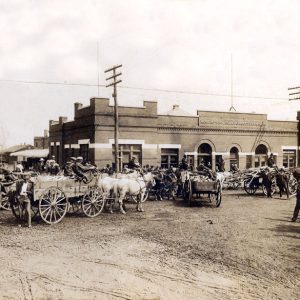 Rogers Street Scene
Rogers Street Scene
Time Period: Early Twentieth Century (1901 - 1940) - Starting with R
 Rogers Street Scene
Rogers Street Scene
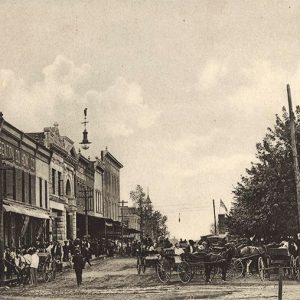 Rogers Street Scene
Rogers Street Scene
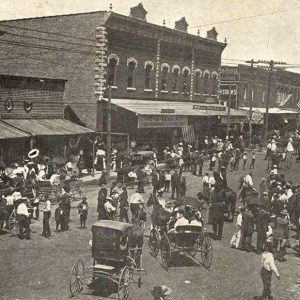 Rogers Street Scene
Rogers Street Scene
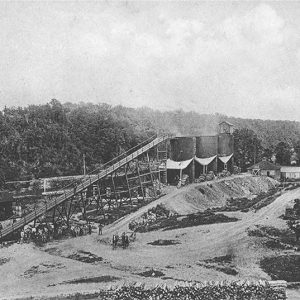 Rogers White Lime Works
Rogers White Lime Works
Rogers, Betty Blake
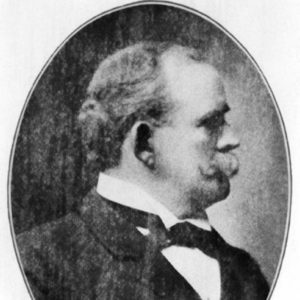 John Henry Rogers
John Henry Rogers
Rogers, Robert L.
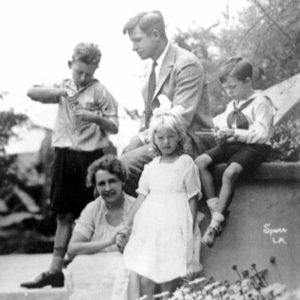 Will and Betty Rogers
Will and Betty Rogers
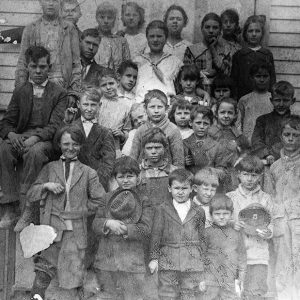 Roland School
Roland School
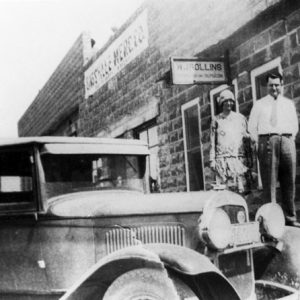 Dr. and Mrs. W. J. Rollins
Dr. and Mrs. W. J. Rollins
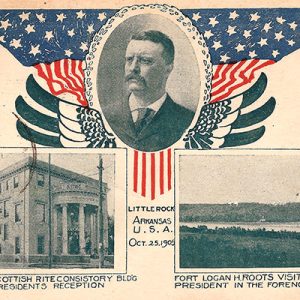 Roosevelt Visit
Roosevelt Visit
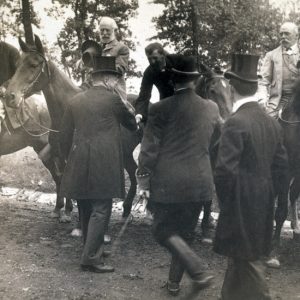 Teddy Roosevelt in Little Rock
Teddy Roosevelt in Little Rock
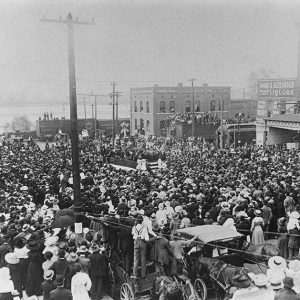 Teddy Roosevelt in Fort Smith
Teddy Roosevelt in Fort Smith
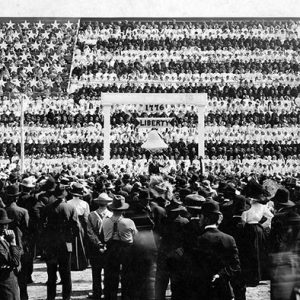 Roosevelt at State Fair
Roosevelt at State Fair
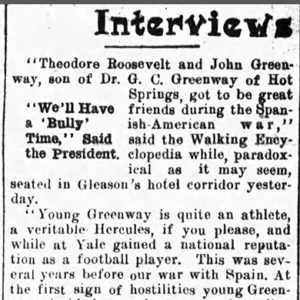 Roosevelt Interview Article
Roosevelt Interview Article
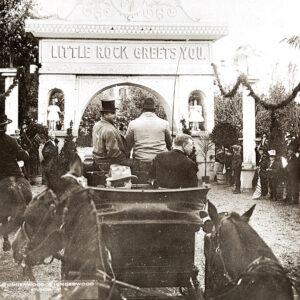 Theodore Roosevelt in Little Rock
Theodore Roosevelt in Little Rock
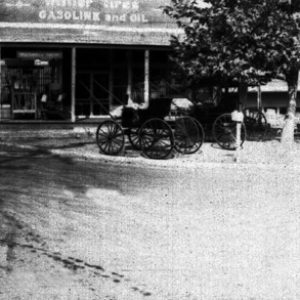 Rose City Street Scene
Rose City Street Scene
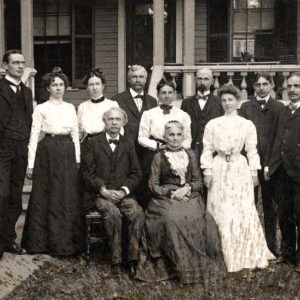 Rose Family
Rose Family
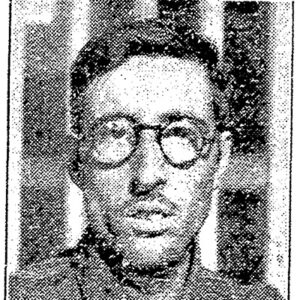 Robert Rose
Robert Rose
Rose, Robert (Execution of)
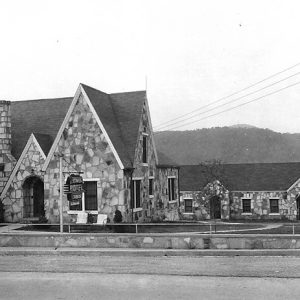 Rose's Motel
Rose's Motel
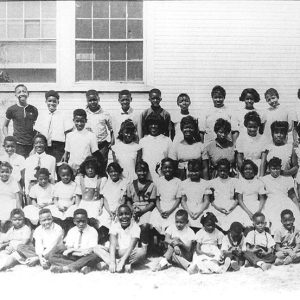 Rosenwald Class ca. 1960
Rosenwald Class ca. 1960
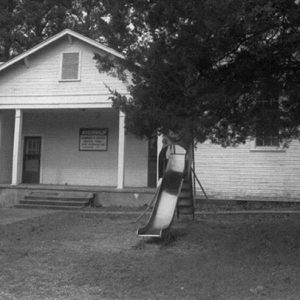 Rosenwald School
Rosenwald School
Rosenwald School (Delight)
Rosenwald Schools
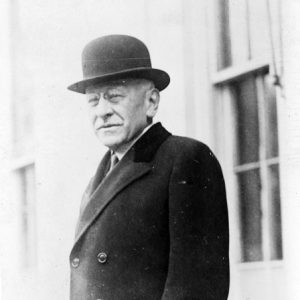 Julius Rosenwald
Julius Rosenwald
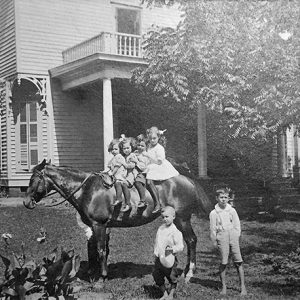 Irene Rosenzweig
Irene Rosenzweig
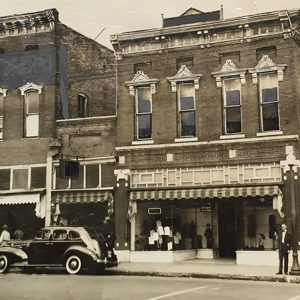 Rosenzweig Store
Rosenzweig Store
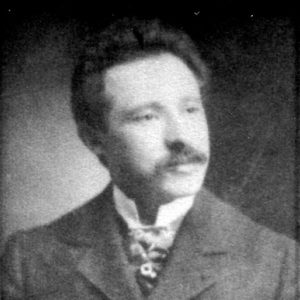 B. J. Rosewater
B. J. Rosewater
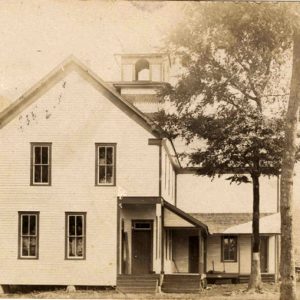 Rosie School
Rosie School
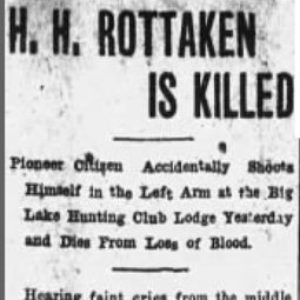 Rottaken Death Article
Rottaken Death Article
Roundtop Filling Station
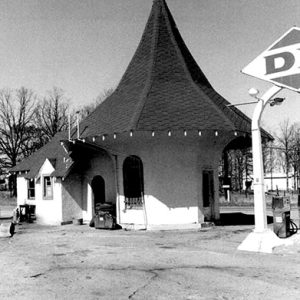 Roundtop Filling Station
Roundtop Filling Station
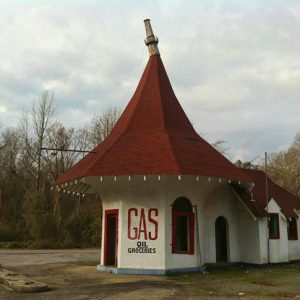 Roundtop Filling Station
Roundtop Filling Station
Rowe, “Schoolboy”
aka: Lynwood Thomas Rowe
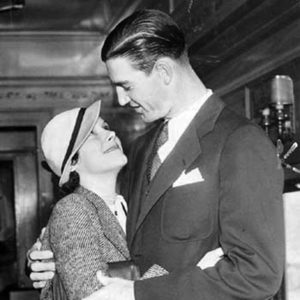 Edna and "Schoolboy" Rowe
Edna and "Schoolboy" Rowe
 Elsijane Trimble Roy
Elsijane Trimble Roy
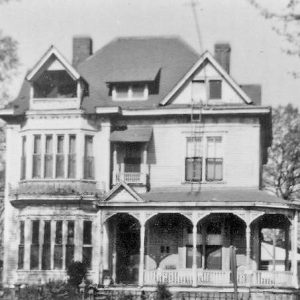 Royal Circle of Friends Hospital
Royal Circle of Friends Hospital
Royal Theatre
Rucker House
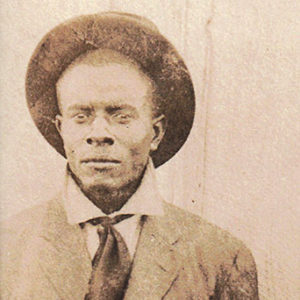 Charles Spurgeon Ruck
Charles Spurgeon Ruck
Rudd, Daniel
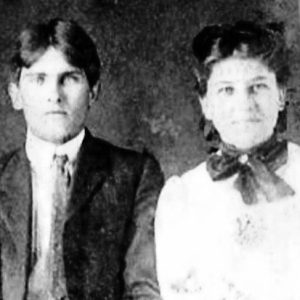 Ruddell Family
Ruddell Family
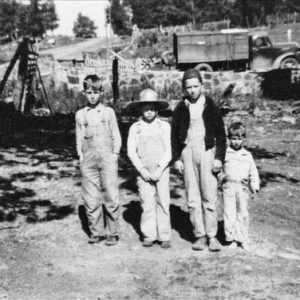 Ruddell Hill Children
Ruddell Hill Children
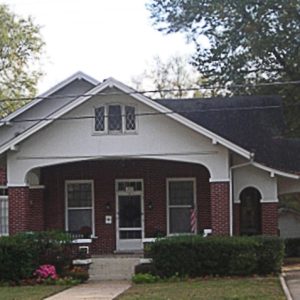 Rumph House
Rumph House
Runyan, Paul
Rural Electrification
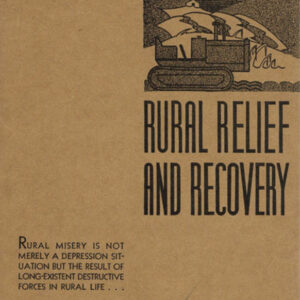 Rural Relief and Recovery
Rural Relief and Recovery
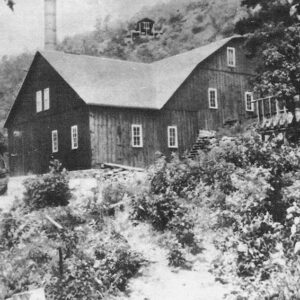 Rush Mill
Rush Mill
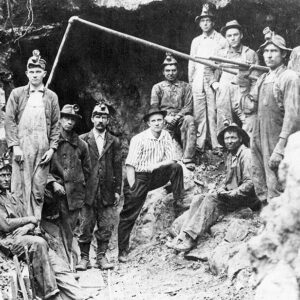 Rush Miners
Rush Miners




